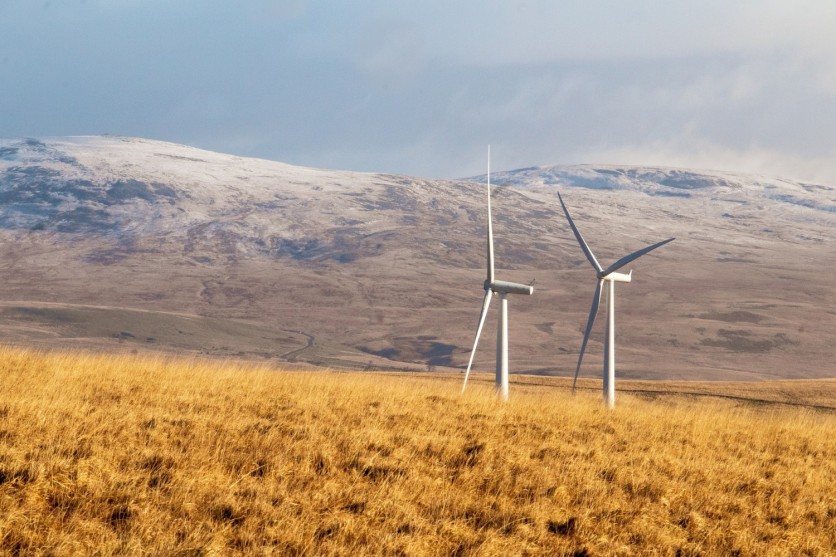The European Union (EU) has reached a deal to bolster clean energy technology and advance its green industry.
On Tuesday, EU states and lawmakers finalized an agreement aimed at expanding Europe's production of clean technologies, including solar and wind energy, as well as carbon capture initiatives.

Net-Zero Industry Act of EU
Known as the "Net-Zero Industry Act" (NZIA), the agreement establishes a comprehensive framework of measures to strengthen Europe's manufacturing ecosystem for net-zero technologies.
The regulation emphasizes leveraging the single market to enhance Europe's leadership in green industrial technologies. Key components of the NZIA include establishing a single list of net-zero technologies and criteria for selecting strategic projects that contribute significantly to decarbonization efforts.
The regulation seeks to facilitate investment in green technologies and improve market access for innovative products by simplifying permit-granting procedures and supporting strategic projects.
To enhance the skills of the European workforce in green sectors, the NZIA proposes creating net-zero industry academies that will provide specialized training and education.
Additionally, the regulation aims to foster innovation by establishing favorable regulatory frameworks for developing, testing, and validating innovative technologies, known as regulatory sandboxes.
Read Also : Big Tech Companies Like Meta, Microsoft Are Not Respecting New EU Competition Rules, Rivals Claim
Strategic Technology Products
The agreement also includes provisions for measuring progress towards these objectives, with benchmarks set for the production of strategic technology products such as solar photovoltaic panels, wind turbines, batteries, and heat pumps.
Additionally, the regulation sets a specific target for carbon capture and storage, aiming for an annual injection capacity of at least 50 million tonnes by 2030.
In addition to supporting the main objectives proposed by the European Commission, the provisional agreement introduces several improvements, including streamlined rules on construction permit procedures, the creation of net-zero industrial valleys, and enhanced clarity on criteria for public procurement and auctioning.
The NZIA is anticipated to create a favorable setting for investors and advocates of net-zero technology manufacturing ventures, ensuring smoother conditions and increased assurance.
Projects with substantial potential for decarbonization will receive expedited permit processes and assistance in securing funding.
Member nations will retain the freedom to select from various energy sources, with the option to decline projects associated with technologies not aligned with their energy mix.
Additionally, the regulation establishes precise deadlines for issuing permits for construction or expansion, guaranteeing adherence to environmental, social, and safety standards.
"With the Net-Zero Industry Act we want to support our industry in its transition. The NZIA is an important step in creating the necessary ecosystem to boost the manufacturing of clean technologies. Europe launched a pathway towards a cleaner and sustainable future for the European industry," Jo Brouns, Flemish Minister for Economy, Innovation, Work, Social Economy and Agriculture, said in a statement.
"Now the time is ripe for Europe to take back the lead on the global scene for clean technologies and to build a competitive, green, and job-creating industrial sector," he added.
Related Article : Automakers in Europe Lag in Securing Key Battery Metals for EVs, with Tesla Leading in Supply Chain Race

ⓒ 2025 TECHTIMES.com All rights reserved. Do not reproduce without permission.




